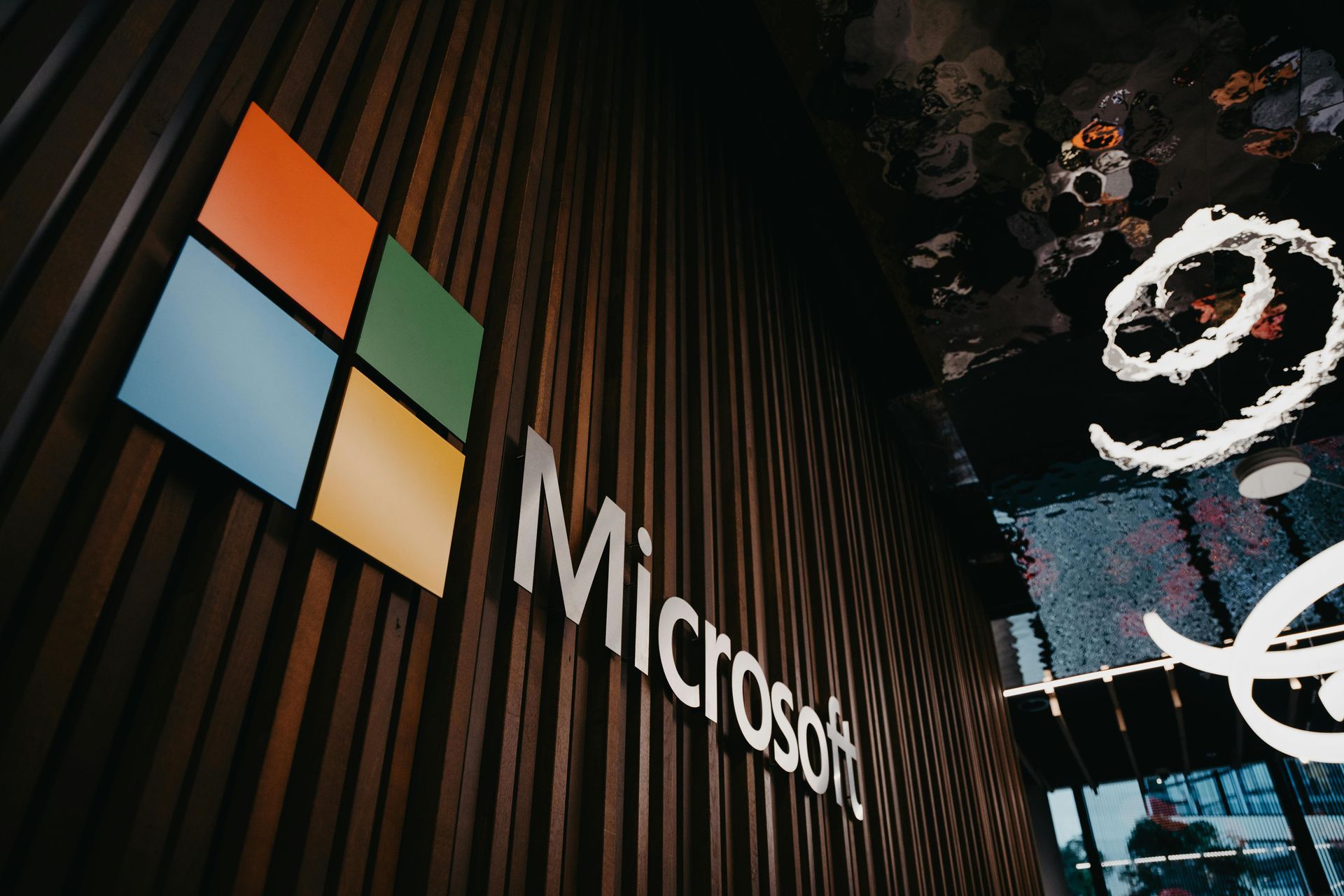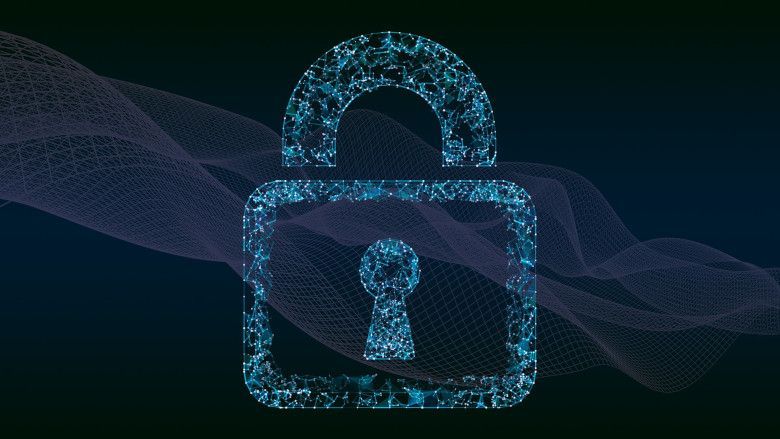ChatGPT: How Artificial Intelligence is Revolutionizing Cybersecurity
ChatGPT: How Artificial Intelligence is Revolutionizing Cybersecurity
Artificial intelligence has become an indispensable tool in the field of cybersecurity. With the rise of cyber attacks, it has become increasingly important to have a robust security infrastructure that can detect and prevent threats before they cause significant damage. ChatGPT, a language model developed by OpenAI, is one such tool that is revolutionizing the way cybersecurity is approached.
ChatGPT is based on the GPT-3.5 architecture, which is a state-of-the-art deep learning model capable of processing vast amounts of data and generating human-like responses. This technology can be used to analyze vast amounts of security data, including logs, network traffic, and user behavior, to identify potential security threats and vulnerabilities.
One of the most significant advantages of ChatGPT is its ability to learn and adapt to new threats. Traditional cybersecurity solutions often rely on pre-defined rules or signatures to identify known threats. However, these solutions can be easily circumvented by attackers using new techniques. ChatGPT, on the other hand, can learn from past incidents and identify new patterns of attack, making it more effective at detecting and preventing cyber attacks.
Another benefit of ChatGPT is its ability to assist in incident response. In the event of a security breach, ChatGPT can quickly analyze the data and provide recommendations to the security team on how to contain the attack and prevent further damage. This can save valuable time and resources that would otherwise be spent investigating the incident manually.
However, like any technology, ChatGPT also has its limitations. It can only analyze data that is available to it, and if the data is incomplete or inaccurate, it may not be able to provide accurate insights. Additionally, there are concerns about the potential misuse of AI-powered cybersecurity tools by malicious actors.
To address these concerns, it is essential to implement proper data security measures and use ChatGPT in conjunction with other cybersecurity tools and strategies. This includes regularly updating security policies, training employees on best practices, and staying up-to-date with the latest threats and vulnerabilities.
In conclusion, ChatGPT represents a significant advancement in the field of cybersecurity, providing a powerful tool that can learn and adapt to new threats. While it is not a silver bullet solution, it can help organizations improve their overall security posture and respond more effectively to security incidents. By leveraging the power of AI, we can stay one step ahead of cybercriminals and keep our data and systems safe.















